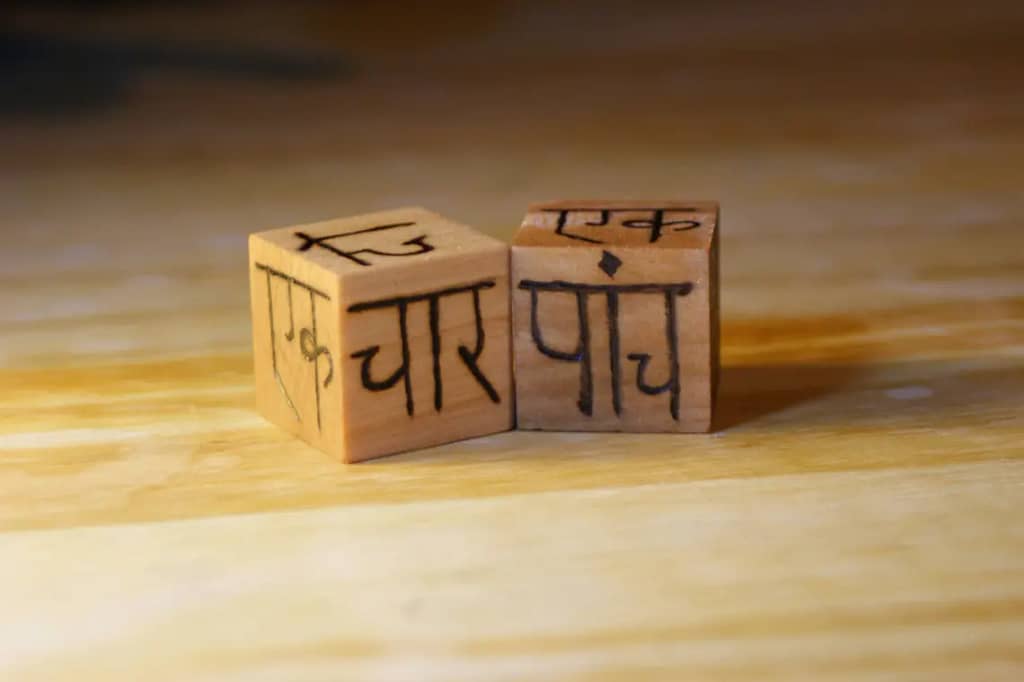
I have been critical of existing translations of Rupa Goswami’s Sanskrit drama Vidagdha Madhava (aka A portrait of Lord Shree Krishna) and thought I had exhausted complaining about such unsupportable material. But, in the course of my efforts to translate Act III of the Sanskrit drama, Lalita Madhava by Rupa Goswami this week, referencing led me to encounter what, I am sorry to say, can only be described as a howler.
Despite being responsible for many passages of questionably translated dialogue in both Lalita Madhava and Vidagdha Madhava, I do acknowledge a debt to the casual translator I am referencing. Where issues of syntax arise, or an archaic Sanskrit phrase needs clarifying, his writing often offers a superb reference source. But, curiously, he generally overlooks Rupa Goswami’s skilfulness as a dialogue writer of calibre.
I was working on the proof of one of my poems all the morning, and took out a comma. In the afternoon I put it back again.
Oscar Wilde
The above, for example, is the kind of trouble the masterful playwright Wilde took in crafting his clever creations.
By all rights, Rupa Goswami is recognised as a masterful playwright in a stellar line-up of internationally credited classical Sanskrit playwrights. Should he not then, at least, be given the credit of writing sense? Up to this point, it would seem, translators of his dramas into English have made little effort to establish even this.
I have no doubt at all that Rupa Goswami’s spiritually charged dramas Vidagdha Madhava and Lalita Madhava, are coherent and intelligible and haven’t a single whimsical syllable in them. The impression of the following rendering of a declaration of Radha (the play’s heroine) taken from Act III of Lalita Madhava, however, leaves one baffled; no matter which way you look at it, or how much ineffably supernatural significance you try and assign it. To quote the offending English, verbatim:
Alas! Alas! Its scattered sweet Krishna’s footprints, enchanting the world’s eyes and making them wretched, the Yamuna’s shore now walks on the pathway of My eyes and makes My senses burn with pain.
Translated from Lalita Madhava 3.52
Translation of this translation:
Happening on the bank of the River Yamuna, Radha here expresses dismay that whereas the riverside had been enchanting when it was frequented by Krishna, now that He is absent, far from it being enchanting, the place is making Her feel very distressed.
Phrase by phrase:
“Its scattered sweet Krishna’s footprints.” This phrase is an attempt to translate that Krishna was disposed to wandering widely in the environs of the River Yamuna’s shores.
“Enchanting the world’s eyes and making them wretched.” Baffling way of translating that the riverside that was once enchanting is now depressing to behold.
“The Yamuna’s shore now walks on the pathway to My eyes.” Is supposed to convey that Radha is beholding the River Yamuna’s shore.
“Makes My senses burn with pain.” Means that Radha is deeply distressed.
Arjundas Adhikari

